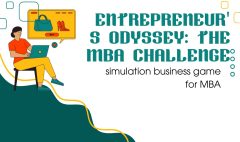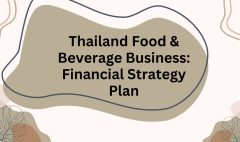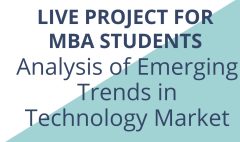Community Outreach
Community Outreach
At the intersection of faith and community lies the profound potential to foster social change and development. Religious organizations have traditionally been bastions for community outreach, providing social services, promoting cultural enrichment, and advocating for vulnerable populations. Today, with the complex challenges communities face, these organizations stand to benefit immensely from the strategic insight and leadership skills of MBA graduates.
Strategic Community Assessment
MBA graduates bring a data-driven approach to understanding community needs:
- Needs Assessment: Employing tools from their MBA toolkit, graduates can conduct thorough analyses to identify gaps in community services, allowing for more targeted and effective outreach programs.
- Stakeholder Engagement: By identifying and engaging key stakeholders, MBAs ensure diverse community representation in decision-making processes, fostering programs that are inclusive and equitable.
Program Development and Implementation
With their comprehensive training, MBAs can design, implement, and manage outreach programs:
- Project Management: MBA graduates can utilize their project management skills to oversee initiatives from inception to completion, ensuring they are delivered on time, within budget, and in alignment with community needs.
- Performance Metrics: The use of Key Performance Indicators (KPIs) and other metrics enables continuous evaluation and improvement, ensuring programs achieve their intended impact.
Sustainability and Growth
Long-term sustainability is critical for outreach initiatives:
- Financial Planning: MBAs can develop comprehensive financial strategies, exploring diverse funding streams, including grants, donations, and partnerships, to ensure program longevity.
- Scalability: MBA graduates are trained to think big. They can create scalable program models that can grow to meet increasing community needs or be replicated in other contexts.
Communication and Advocacy
Effectively communicating the mission and impact of outreach initiatives is key to their success:
- Marketing Strategies: MBAs know how to brand and market initiatives effectively, attracting volunteers, donors, and community participants.
- Policy Advocacy: Graduates can use their negotiation and advocacy skills to influence policy, extending the impact of outreach programs beyond the immediate community.
Resources for Further Reading:
- Community Tool Box – A free, online resource for those working to build healthier communities and bring about social change. It offers thousands of pages of tips and tools for taking action in communities. Website
- The Center for Faith-Based & Neighborhood Partnerships – A resource for faith-based and community organizations seeking to partner with the federal government. Website
- Religious Action Center of Reform Judaism – An example of a religious organization’s approach to community outreach and social justice. Website
In conclusion, MBAs, with their unique blend of business acumen, strategic thinking, and leadership skills, are well-equipped to drive impactful social initiatives in religious organizations. By harnessing these skills, they can help these institutions fulfill their mission to serve, uplift, and transform communities.








